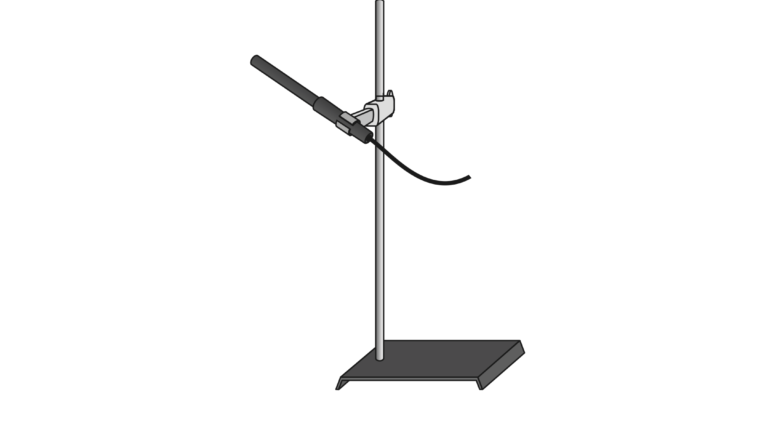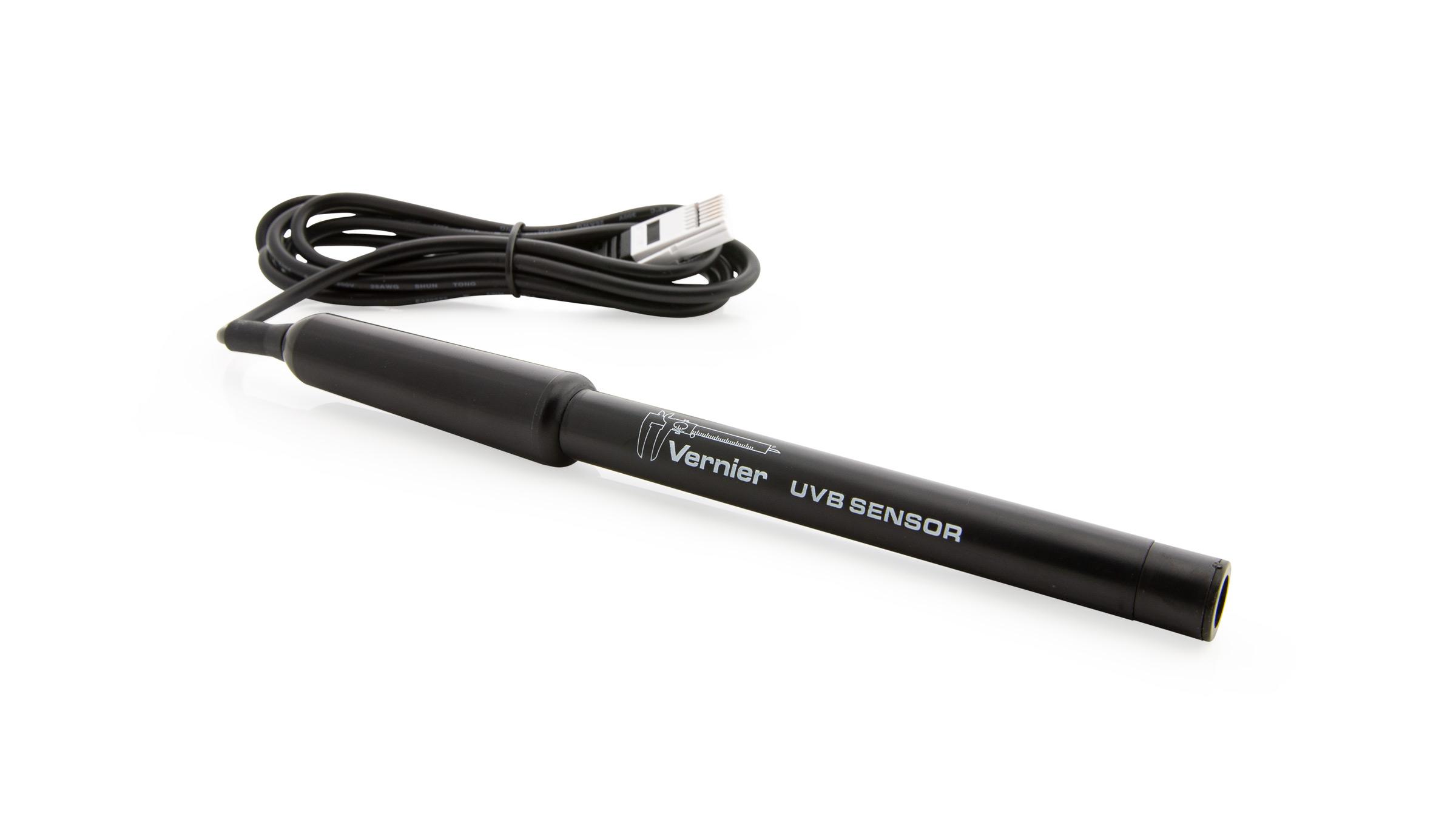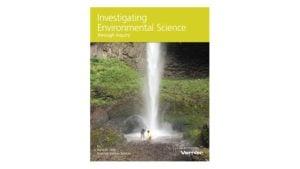UV Investigations
Experiment #21 from Investigating Environmental Science through Inquiry
- Subject
- Environmental Science

Introduction
The stratosphere contains an ozone layer that shields the surface of Earth from much of the ultraviolet radiation coming form the sun. The depletion of the ozone layer is subject of much concern.
The ultraviolet band is broken into three types referred to as UVA (with wavelengths of 320 to 400 nm), UVB (280 to 320 nm), and UVC (200 to 280 nm). The most harmful of these three, UVC radiation, is absorbed by oxygen and ozone in the atmosphere and does not reach the Earth’s surface. The ozone layer absorbs much, but not all, incoming UVB radiation. Some UVB radiation reaches the surface of Earth. UVA radiation is not affected by the ozone layer, and most reaches the surface of Earth.
UVB radiation is responsible for many skin problems such as sunburns and several forms of skin cancer. UVA radiation is deep-penetrating and causes tanning, wrinkles, and some forms of skin cancer. Scientists are also concerned that increased UV levels will disrupt ecosystems.
Objectives
In the Preliminary Activity, you will gain experience using a UVB Sensor and learn UV intensity measuring technique as you determine outdoor UVB intensity at your location.
After completing the Preliminary Activity, you will first use reference sources to find out more about ultraviolet radiation and ozone depletion before you choose and investigate a researchable question.
Sensors and Equipment
This experiment features the following sensors and equipment. Additional equipment may be required.
Correlations
Teaching to an educational standard? This experiment supports the standards below.
- International Baccalaureate (IB)/Environmental Systems and Societies
- 6.2 Stratospheric ozone
Ready to Experiment?
Ask an Expert
Get answers to your questions about how to teach this experiment with our support team.
- Call toll-free: 888-837-6437
- Chat with Us
- Email support@vernier.com
Purchase the Lab Book
This experiment is #21 of Investigating Environmental Science through Inquiry. The experiment in the book includes student instructions as well as instructor information for set up, helpful hints, and sample graphs and data.


